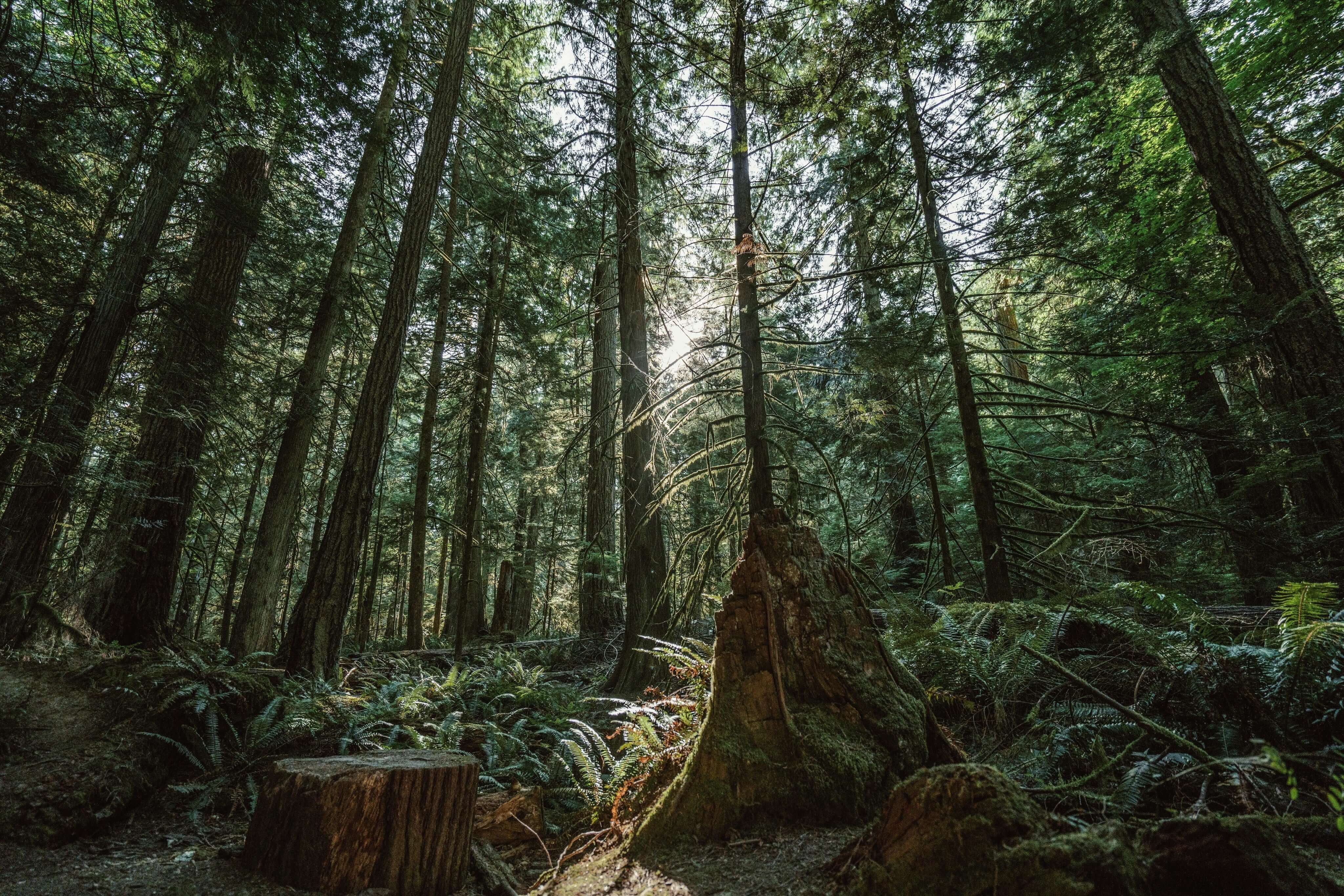The rugged beauty of the Desert Southwest offers some of the most spectacular riding experiences for electric bike enthusiasts. However, the extreme conditions of places like Arizona and New Mexico present unique challenges that require specialized maintenance approaches. With temperatures regularly exceeding 100°F (38°C) and persistent dust and sand, your e-bike needs extra attention to stay in optimal condition.
Battery Care: Critical in Extreme Heat
The battery is arguably the most vulnerable component of your electric bike when facing desert conditions. Lithium-ion batteries, common in most modern e-bikes, are particularly sensitive to heat exposure.
Temperature Management
- Never charge in direct sunlight - Always move your bike to a shaded, cooler area before charging
- Avoid storage in hot garages - Interior temperatures can exceed 120°F (49°C) during summer months
- Consider a battery cooling jacket - These specialized covers can reduce battery temperature by up to 15°F
- Remove the battery when possible - Store in climate-controlled environments when not in use
Charging Practices for Hot Climates
Desert e-bike owners should adjust their charging habits to accommodate the extreme environment:
- Charge during cooler hours (early morning or evening)
- Allow the battery to cool completely before charging
- Maintain charge levels between 30-80% rather than always charging to 100%
- Consider partial charges more frequently rather than deep discharges
Dealing with Dust and Sand Infiltration
The fine particulate matter abundant in desert environments can wreak havoc on your e-bike's mechanical and electrical components.
Sealing and Protection
- Apply dielectric grease to electrical connections for moisture and dust protection
- Upgrade to sealed bearings when replacing components
- Use silicone sealant around controller boxes and display units
- Install a high-quality air filter if your e-bike has cooling vents for electronics
Regular Cleaning Protocol
Establish a consistent cleaning routine specific to desert conditions:
- Use compressed air (at moderate pressure) to blow out dust from hard-to-reach areas
- Wipe down, don't wash - Minimize water use which can create mud and push dust deeper into components
- Apply a dry chain lubricant after cleaning to avoid attracting more dust
- Inspect seals and gaskets for wear that might allow dust infiltration
Protecting Electronic Components
The sophisticated electronics that power and control your e-bike require special attention in extreme heat.
Cooling Strategies
- Create shade whenever possible - Use bike covers during stops
- Install aftermarket cooling fins on controllers if accessible
- Avoid prolonged use of maximum power which generates additional heat
- Consider controller heat sinks - These can significantly reduce operating temperatures
Moisture and Condensation
While rare, sudden thunderstorms and temperature fluctuations in desert regions can create condensation issues:
- Allow components to acclimate before riding when moving between air-conditioned spaces and hot outdoors
- Use moisture-absorbing packets in storage areas or cases
- Apply anti-corrosion spray to vulnerable connections
Tire and Mechanical Considerations for Desert Terrain
The combination of heat, rough terrain, and fine dust presents unique challenges to mechanical components.
Tire Maintenance
- Check pressure frequently - Heat causes pressure increases that can lead to blowouts
- Consider lower pressure (within manufacturer recommendations) for better traction in loose conditions
- Inspect for small punctures from desert flora like cacti and thorny plants
- Switch to tubeless setups with sealant specifically formulated for high temperatures
Drivetrain Protection
- Clean chains more frequently than in other environments
- Use dry, wax-based lubricants instead of wet oils that attract dust
- Inspect for accelerated wear - Desert conditions can triple wear rates on components
Seasonal Maintenance Schedule for Desert E-Bikes
Adapting your maintenance schedule to the extreme conditions of the Desert Southwest will significantly extend your e-bike's lifespan.
Summer (Peak Heat)
- Weekly battery inspection and cleaning
- Bi-weekly drivetrain cleaning and lubrication
- Monthly comprehensive electronics check
- Reduced charging to 80% maximum
Winter/Milder Seasons
- Return to normal charging practices
- Deep cleaning of accumulated dust
- Inspection of seals and reapplication of protectants
- Component stress testing in more favorable conditions
Specialized Tools for Desert E-Bike Owners
Consider adding these items to your maintenance kit:
- Compressed air canister (non-moisture adding type)
- Anti-static brushes for electronics
- Dielectric grease applicator
- Infrared thermometer to monitor component temperatures
- Battery-specific insulation materials
When to Seek Professional Help
Some desert-specific issues require expert intervention:
- Battery management system errors after heat exposure
- Controller performance issues during hot weather
- Unusual motor noises that develop after dusty conditions
- Electrical connectivity problems following dust storms
Schedule a professional inspection if you experience any of these symptoms.
Conclusion
Maintaining an electric bike in the unique conditions of the Desert Southwest requires extra vigilance and specialized care. By following these guidelines, you'll not only extend the life of your investment but also ensure safer, more reliable rides through some of America's most beautiful landscapes.
Remember that preventative maintenance is always less expensive than repairs or replacements, especially for sophisticated e-bike components exposed to extreme environments.
Whether you're cruising through Sedona's red rock country or exploring the high deserts of New Mexico, proper maintenance will keep your electric adventures going strong for years to come.


Share:
20 Must-Know Things About eBikes for Seniors
Statewide Guide to Electric Bike Helmet Regulations in the U.S.